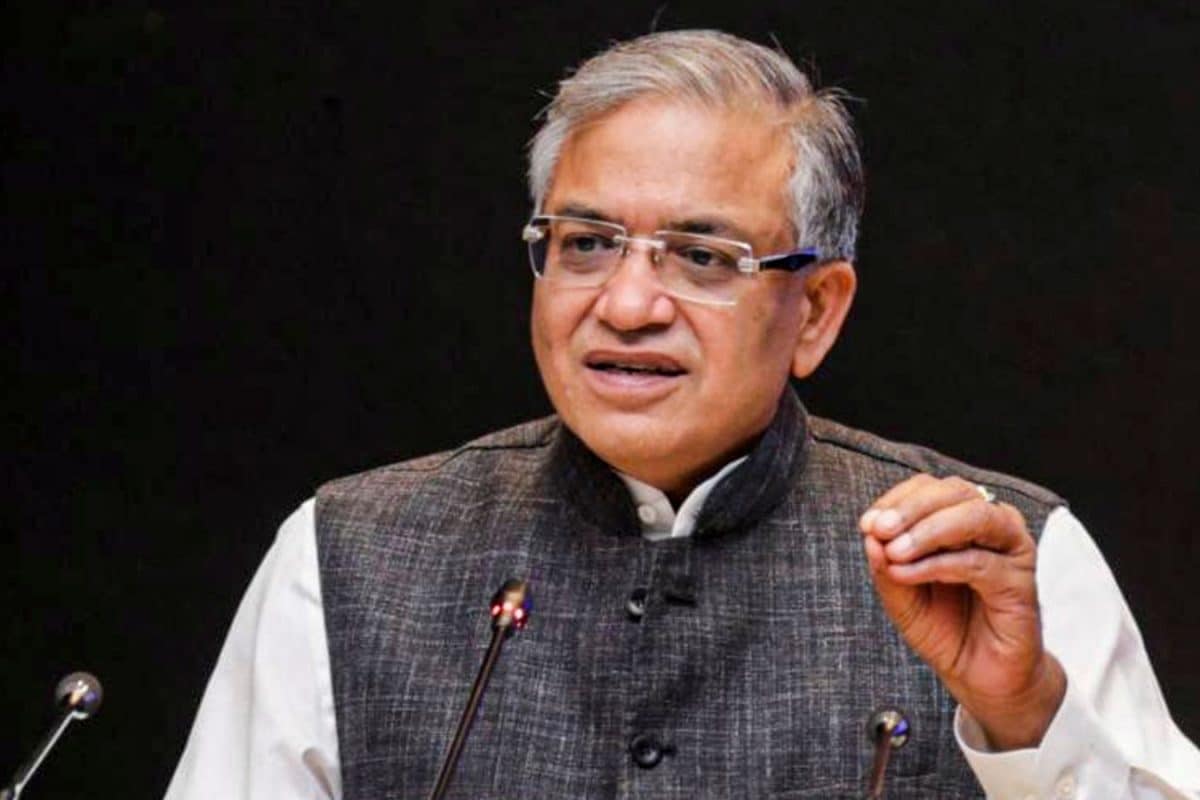

The question of whether India's Chief Election Commissioner (CEC) can be impeached is a complex one, rooted in constitutional provisions, legal interpretations, and the evolving political landscape. Recent controversies surrounding the Election Commission of India (ECI) have brought this issue to the forefront, prompting discussions about the independence and accountability of the institution.
Constitutional Framework and Impeachment Process
The Indian Constitution, under Article 324, empowers the ECI to conduct free and fair elections to the Parliament, state legislatures, and the offices of the President and Vice-President. To safeguard the independence of the ECI, the CEC is granted security of tenure. The CEC cannot be removed from office except in the same manner and on the same grounds as a judge of the Supreme Court.
This "manner" is impeachment, a process requiring a resolution passed by both Houses of Parliament with a special majority. Specifically, it requires a two-thirds majority of the members of each House present and voting. The grounds for impeachment are "proved misbehavior or incapacity". This procedure is outlined in Article 324(5) of the Constitution.
Appointment and Term of Office
The President of India appoints the CEC and Election Commissioners. The Chief Election Commissioner and other Election Commissioners (Appointment, Conditions of Service and Term of Office) Act, 2023 prescribes the appointment and term of the chief election commissioner. As per the Act, an election commissioner is appointed by the President of India on the recommendation of a selection committee headed by the prime minister and consisting of the leader of the opposition in Lok Sabha and a member of the Union Council of Ministers to be nominated by the prime minister.
The CEC has a tenure of six years or until the age of 65, whichever is earlier. They enjoy the same status and receive the same salary and perks as a judge of the Supreme Court.
Recent Controversies and the Current Row
The ECI has faced scrutiny and criticism in recent times, with allegations ranging from discrepancies in electoral rolls to concerns about the appointment process of Election Commissioners.
Recently, the opposition INDIA alliance is reportedly planning to move an impeachment motion against the Chief Election Commissioner (CEC) Gyanesh Kumar. This stems from a disagreement over allegations of voter fraud made by opposition leader Rahul Gandhi. The CEC dismissed these allegations as baseless and demanded either a signed affidavit substantiating the claims or an apology. Gandhi has refused, stating that the data he cited came from the poll body itself.
Challenges to Independence and Calls for Reform
Despite the constitutional safeguards, concerns remain about the ECI's independence. One major point of contention is the appointment process. The recent Chief Election Commissioner and Other Election Commissioners (Appointment, Conditions of Service and Term of Office) Act, 2023, which replaced the Chief Justice of India with a Union Cabinet Minister in the selection committee, has been criticized for giving the government a greater say in the appointment of Election Commissioners. This has led to fears of partisan appointments and a dilution of the ECI's impartiality.
There have been calls for a more transparent and inclusive appointment process, potentially involving a bipartisan collegium. Some suggest including the Chief Justice, the Law Minister, and leaders of the opposition in the selection process.
Conclusion
While the impeachment of the CEC is constitutionally permissible, it is a difficult process, requiring a special majority in both Houses of Parliament. The recent controversies and the opposition's threat of impeachment highlight the ongoing debate about the ECI's independence and the need for reforms to ensure its impartiality. The ECI's role in upholding the integrity of the electoral process is crucial for the health of Indian democracy, and any steps to strengthen its independence and accountability are of utmost importance.